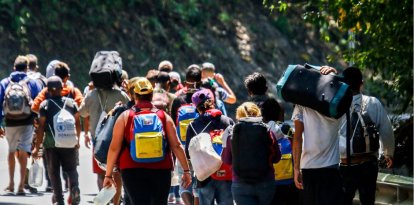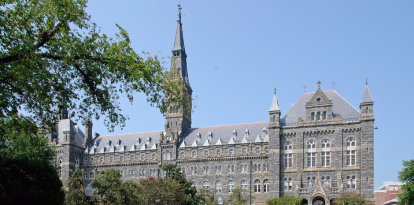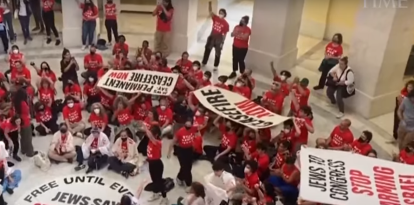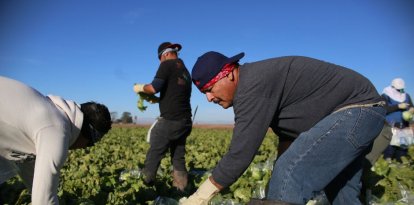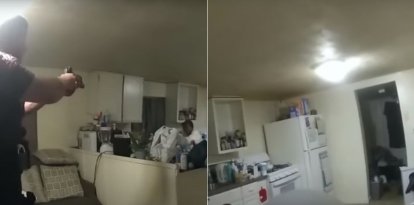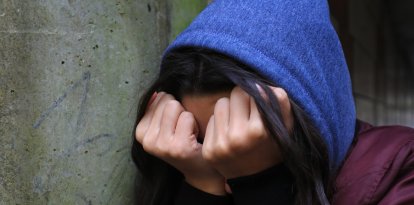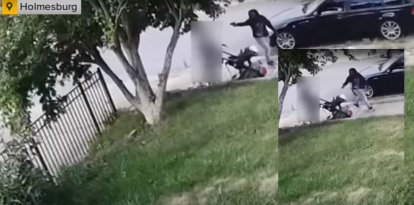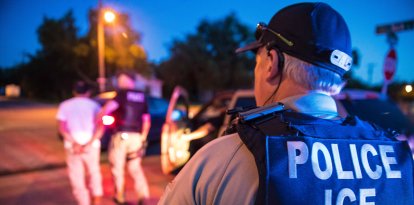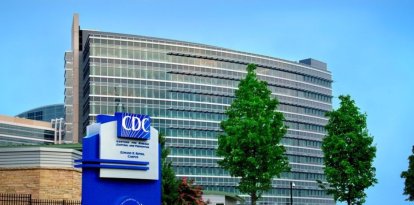Chicago, a 'sanctuary' in crisis
The inhabitants of the Windy City face, on a daily basis, high crime and delinquency rates, a massive influx of illegal immigrants, an uncontrolled increase in drugs and a huge budget deficit.
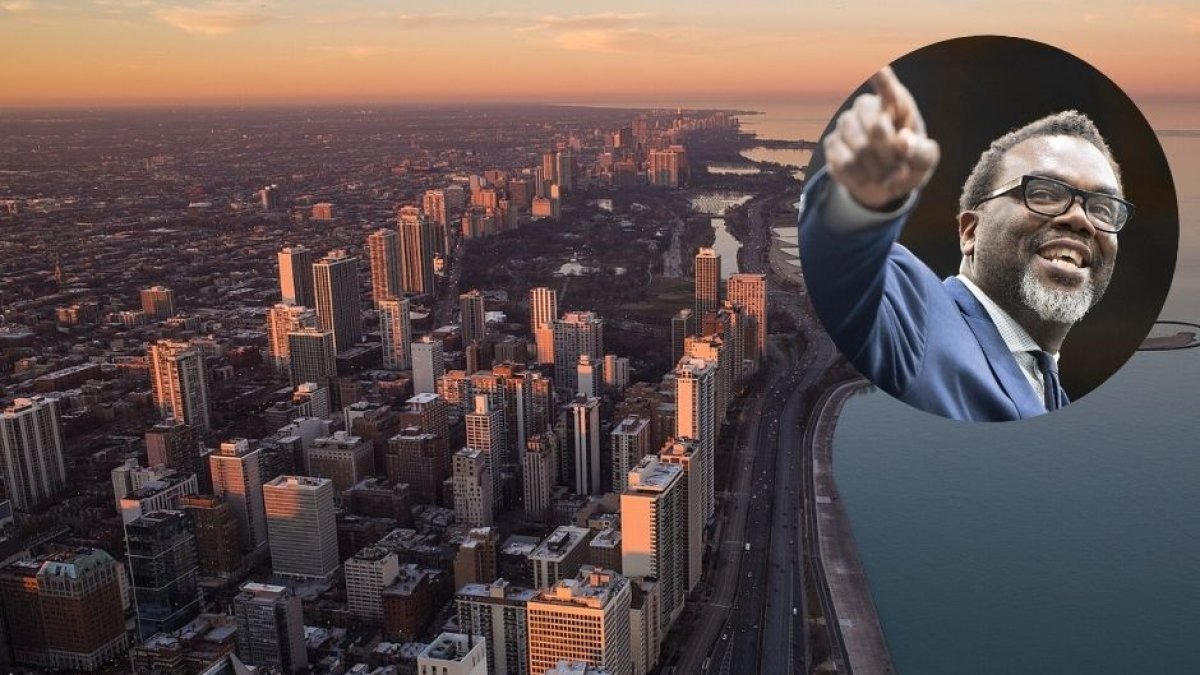
Chicago - Brandon Jhonson, alcalde de Chicago (Wikimedia Commons)
Official data and testimonies from residents show that Chicago is a 'sanctuary' in crisis. High crime and crime rates, a large influx of illegal immigration, streets overflowing with homeless people, a serious drug crisis and a large budget deficit for next year, are just some of the situations that the inhabitants of The Windy City.
Mayor Brandon Johnson recently referred to the crisis plaguing the city blaming the "right-wing extremism ." The radical progressive attempted to absolve himself of his responsibility as a leader and claimed that "right-wing extremists" want to create "division and chaos because that's what that particular political party (for the Republican Party) is all about":
However, Chicago has been in decline for years . The crisis worsened during the term of Johnson's predecessor, Lori Lightfoot, and the efforts of progressive prosecutors, backed by George Soros, who have reformed the criminal justice system to allow criminals to leave prisons or simply not. be imprisoned.
Crime unleashed
Chicago leads - for the eleventh consecutive year - the ranking of cities with the highest number of homicides in the nation, according to the Daily Mail . Between January and July 2023, 328 people were killed . Homicides were 24% higher than in the same period in 2019. This was evidenced by a report from the New York Times.
A report from the organization Wirepoints predicts that the total number of serious crimes in 2023 will break records and "end up being approximately 60% higher than in 2019." The Illinois NGO prepared the forecast based on the number of criminal acts recorded in the city until November of this year:
The number of robberies also continues to be higher than those carried out in 2019 and 2022. According to the report, ""Chicago criminals began a robbery spree in June of this year that shows no signs of ending." It states that thefts have increased more than 50% between June and October of this year (more than 1,200 complaints were filed each month) and highlights that "motor vehicle thefts continue to represent the vast majority of the increase in crimes with respect to the last year":
Migration collapse
With more than 13,500 asylum seekers arriving on its streets, the city has experienced a migration collapse in the last year. Of them, more than 6,500 live in shelters, around 1,500 are sleeping in police stations and more than 400 took refuge at O'Hare International Airport.
Not only do they live in airports , illegal immigrants have taken refuge in churches and in tents on the streets. The crisis is such that Johnson has repeatedly warned that the city cannot receive more immigrants "without significant support and changes in immigration policy" and has created various plans to try to alleviate the situation that require millions of dollars of the taxpayers.
One of these initiatives is the construction of a winter camp to shelter immigrants for a value of 30 to 65 million dollars .
Homeless and drugs
Nearly 69,000 people were homeless in Chicago in 2021, according to a report from the Chicago Coalition for the Homeless . The figure reflects an increase of 4.5% compared to 2020 (before the covid-19 pandemic). According to the study, " Homelessness continues to disproportionately impact Black and Latino Chicagoans. Black Chicagoans represent more than half (53%) of the total population experiencing homelessness. In 2021, an estimated 19,970 Chicago Hispanics experienced homelessness."
Homeless Estimate 2023 v7 by Veronica Silveri on Scribd
The drug overdose crisis overwhelms city residents. An official statement from the Chicago Department of Public Health revealed that 1,407 opioid-related overdose deaths were recorded in 2022 alone.
Budget deficit
Economically the situation in the city is not good either. Johnson announced that the city is expected to face a budget shortfall of about $538 million by 2024. According to the official document, called Chicago Budget Forecast, this negative burden is due to several factors, including:
More than $200 million of the shortfall stems from special plans aimed at addressing the illegal immigration crisis facing the sanctuary city. According to a statement from his office: "The Johnson Administration anticipates that costs to support newcomer groups will increase in 2024."
Johnson declared that the city's financial situation is "legacy" (referencing former Mayor Lori Lightfoot 's tenure) and acknowledged that "the projected budget gap paints a realistic picture of our city's financial situation."













